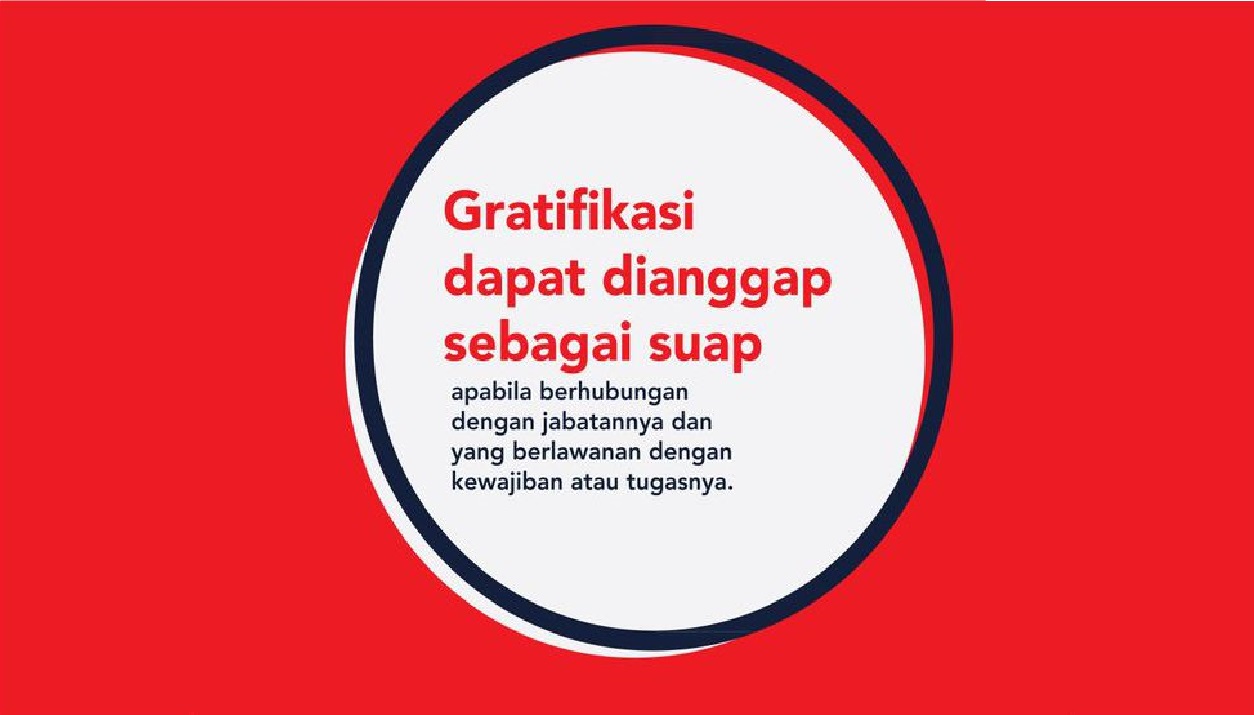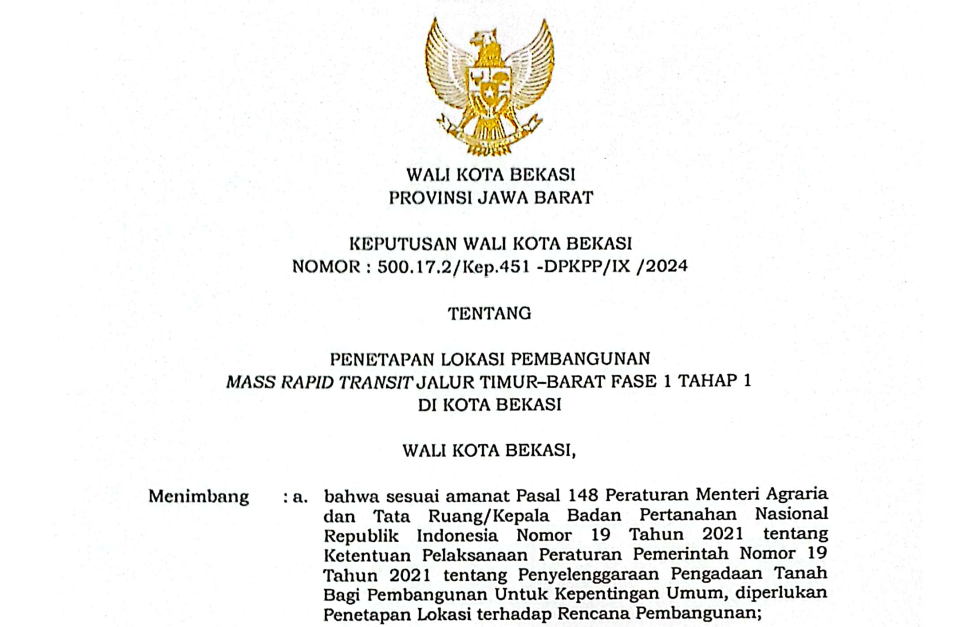The legal basis for gratification

The term Gratification first appeared in Indonesian legislation, namely in Law Number 20 of 2001 concerning Amendments to Law Number 31 of 1999 concerning the Eradication of Corruption Crimes. Gratification is regulated in Article 12 B (1) of Law Number 31 of 1999 in conjunction with Law Number 20 of 2001 concerning the Eradication of Corruption Crimes, namely that civil servants or state administrators are considered to be giving bribes, if it is related to their position and is contrary to their obligations or his task. Providing gratuities to civil servants or state administrators can take the form of: giving money, goods, rebates (discounts), commissions, interest-free loans, travel tickets, lodging facilities, tourist trips, free medical treatment, and other facilities.
State Administrators are State Officials who carry out executive, legislative or judicial functions, and other officials whose main functions and duties are related to the provisions of the laws and regulations in force in Indonesia (referred to by Agustina Wati in the article Analysis of Gratification Regulations According to Laws in Indonesia in the journal Lex Crimen). State administration should be carried out cleanly and free from practices of corruption, collusion and nepotism (KKN), as well as other disgraceful acts that could harm state finances.
In Widhi Rachmadani's writing in the Recidive Journal Volume 10 No. 2 entitled Legal Regulation of the Crime of Gratification in Indonesia and Singapore, states that gratification is a practice that still occurs, which is carried out by civil servants or state administrators. The practice of gratification developed with the idea of giving a gift to someone because they have done an act that is beneficial or desired by the gift giver. If the act of giving a gift is done to a state official or state administrator, it is called Gratification.
According to data from the Corruption Perceptions Index in 2023, Indonesia is ranked 115th out of 180 countries with a score of 34 per 100. (Quoted from the transperency.org page, on Friday, March 15 2024, at 09.00 WIB. https:/ /www.transparency.org/en/cpi/2023). The ranking declined from 2019 to 2022, respectively with ranks 89, 102, 96, 110.
Nur Mauliddar, in his article entitled Gratification as a Corruption Crime Regarding the Report on the Receipt of Gratification in the 2017 Journal of Kanun Legal Sciences, explains "The act of gratification is normatively included in a criminal offense which is not only against formal law, but also against material law." .
According to Indonesian laws and regulations, gratification is included in the criminal act of corruption. This is proven by the formulation of gratification in Law Number 31 of 1999 in conjunction with Law Number 20 of 2001 concerning the Eradication of Corruption Crimes, or what is more commonly referred to as the Corruption Law.
The legal basis for the act of gratification is regulated in the Corruption Law in Article 12 of the Corruption Law, where the threat is life imprisonment or imprisonment for a minimum of 4 years and a maximum of 20 years and a fine of at least 200 (two hundred) million rupiah and a maximum of a lot of 1 billion rupiah.
It is also explained in the Corruption Law that every gratuity received by a civil servant or state administrator is considered a bribe, but the same provision does not apply if the recipient reports the gratification they receive to the Corruption Eradication Commission (KPK), which must be done no later than 30 (three) twenty) working days from the date the gratification is received. (yogo)






.jpg)




Komentar
LOGIN FOR COMMENT Sign in with Google